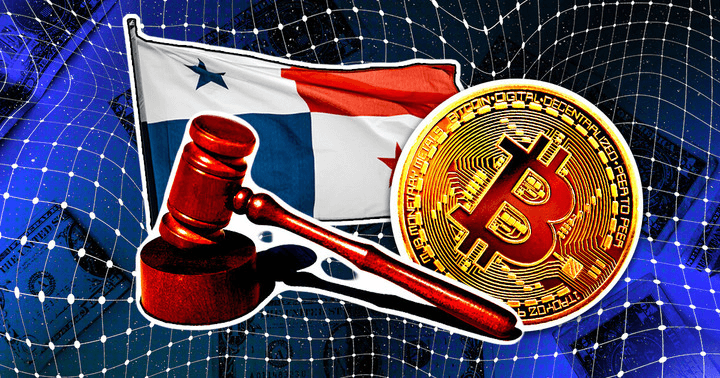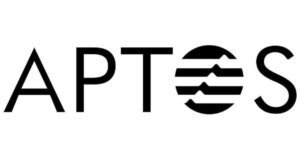 Panama President demands strict anti-money laundering measures in new crypto law
Panama President demands strict anti-money laundering measures in new crypto law Panama President demands strict anti-money laundering measures in new crypto law
Panama has been listed as a country with "strategic deficiencies" in dealing with money laundering.

Cover art/illustration via CryptoSlate. Image includes combined content which may include AI-generated content.
Panama’s President Laurentino Cortizo said he will not sign the new cryptocurrency bill until it provides provisions for stricter anti-laundering controls, Bloomberg News reported on May 19.
President Cortizo wants strict money-laundering controls
The legislative assembly passed the bill last month after several deliberations, but Cortizo said the bill needs to ensure it complies with global anti-money laundering standards.
While speaking at the Bloomberg News Economy Gateway Latin America Conference, Cortizo said he will not sign the law because he did not have enough information. He said:
I have to be very careful if the law has clauses related to money laundering activities. Anti-money laundering activities are very important to us.
If passed, the law will enable cryptocurrency exchanges to get the license they need for operations in the country. However, it will also regulate all crypto transactions.
The bill will also enable the government to put public records on the blockchain. Supporters believe it’ll make Panama an attractive country for fintech companies looking to invest in Latin America. Even the president agreed it’s a good law saying that “it’s an innovative law from what I have heard.”
Panama targeted by money launderers
Cortizo’s misgivings about the bill are understandable. The global money laundering and terrorist financing observer, Financial Action Task Force, included Panama on its list of countries with “strategic deficiencies” when dealing with money laundering.
Cortizo has promised to change this by implementing the task force’s recommendations. He’s also planning to tighten the restrictions on dirty money.
With the risks of crypto becoming another opportunity for money laundering, it has become necessary for the president to take a hard stance.
A recent report by the International Monetary Fund (IMF) revealed:
“[Crypto] may be used to transfer corruption proceeds or circumvent capital controls.”
Panama is an attractive destination for those looking to launder money. Its proximity to Mexico and Columbia, two countries with large-scale drug organizations, is a risk factor. It also has a dollarized economy.
However, Cortizo doesn’t have to reject the whole bill. It is possible to sign it partially while vetoing other parts. The president has said he’s considering this while his lawyers review the bill.




 CoinGlass
CoinGlass 


 Farside Investors
Farside Investors 




















































































